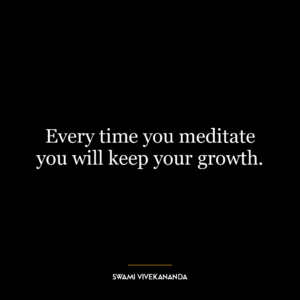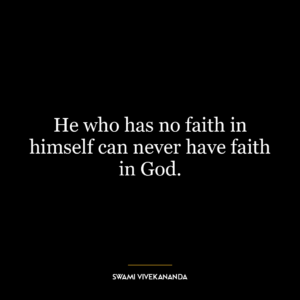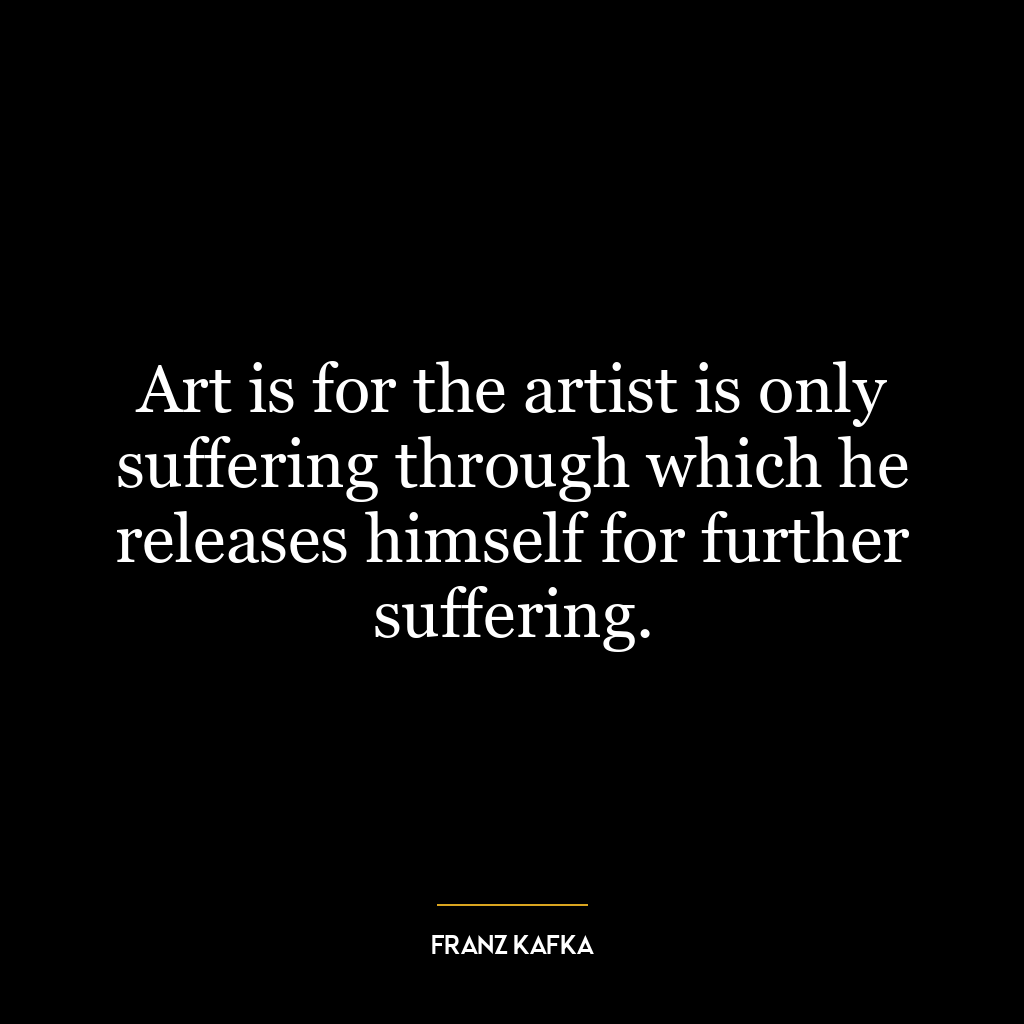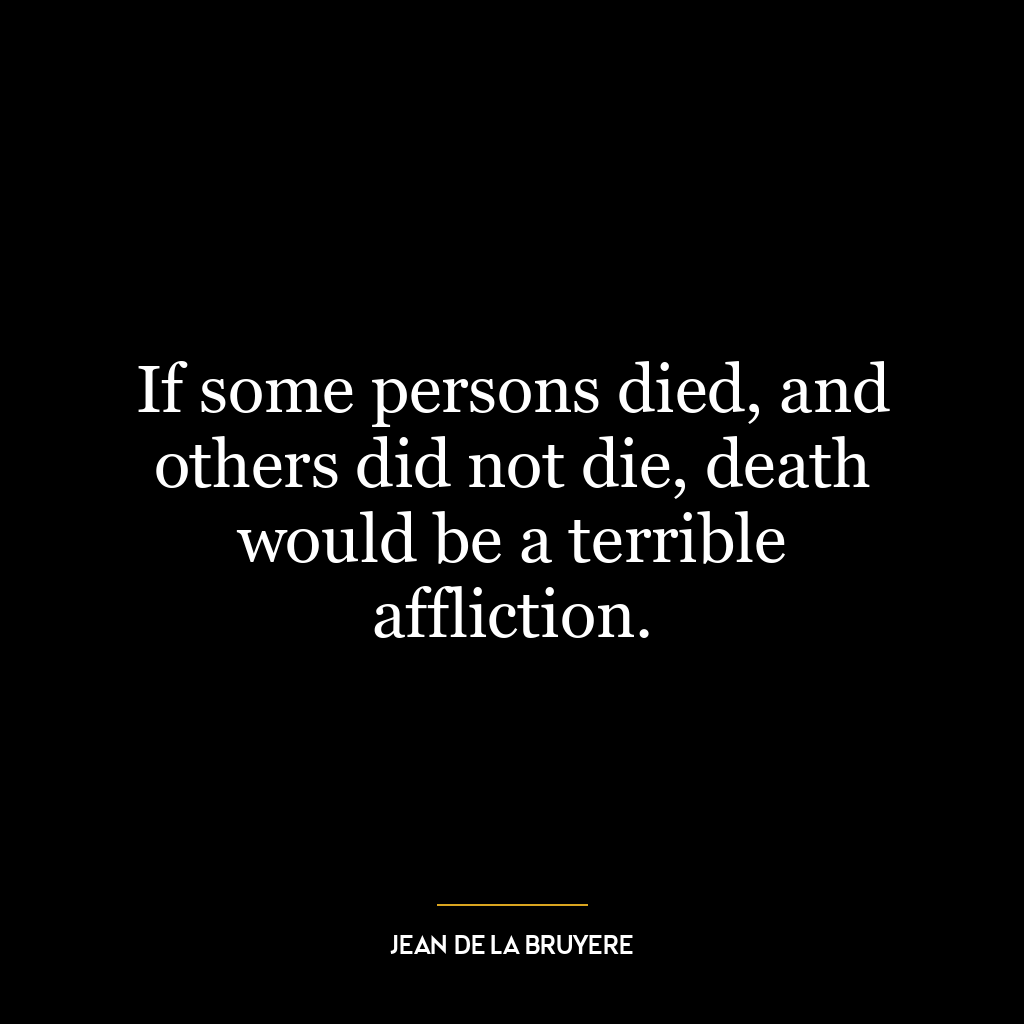When we suffer, it is because of our own acts; God is not to be blamed for it.
This quote essentially emphasizes the concept of personal responsibility and karma. It suggests that when we experience suffering or hardship, it is often a result of our own actions, decisions and choices rather than divine intervention or fate. According to this perspective, blaming God or external circumstances for our problems is not only misguided but also counterproductive.
The idea here is deeply rooted in the law of karma which states that every action has an equal reaction. If we make good choices and act well, we will reap positive results; if not, the outcome will be negative. So instead of blaming God for our sufferings, we should look at what part our own actions have played in it.
Applying this idea to today’s world or personal development can be very empowering. It encourages self-reflection and introspection – looking within ourselves to understand how our actions may have led us to where we are now. Instead of playing the victim card and blaming external factors for everything wrong in our lives, it prompts us to take ownership of our life circumstances.
For instance, if you’re stuck in a job you dislike with a boss who doesn’t appreciate your work – instead of blaming others (like your boss) or circumstances (like bad luck), reflect on your own role in this situation: Did you settle for less? Have you been avoiding difficult conversations about promotion? Are there skills you need but haven’t developed yet?
By acknowledging that our decisions contribute significantly towards shaping up our lives – both positively and negatively – we can learn from past mistakes and make better decisions moving forward.
Moreover, accepting responsibility means realizing that just as we have the power to create problems through poor choices; equally so do we possess the power to solve them through wise ones. This could involve making hard changes like leaving an unhealthy relationship behind, enrolling back into school for further studies or even quitting a comfortable but unsatisfying job.
In essence then: “When we suffer…it is because of our own acts” is a call to action, urging us to take charge of our lives. It’s a reminder that we are not helpless victims but active creators of our own destiny.











